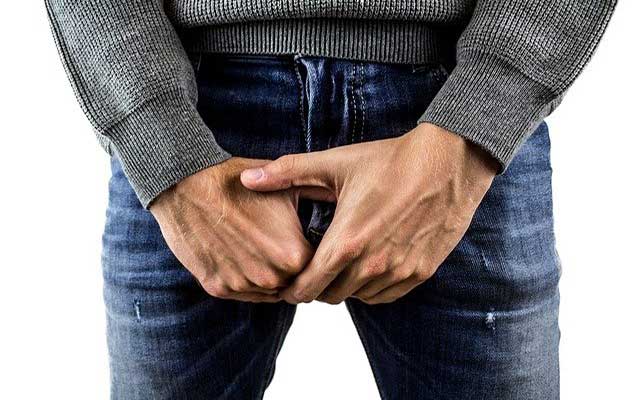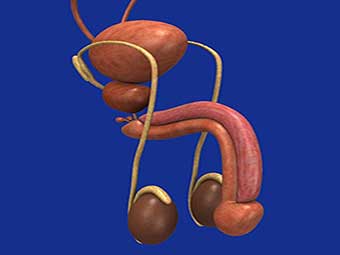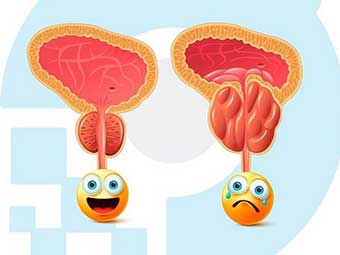Prostatitis Explained: Symptoms, Causes & Effective Treatment Options
Don't Ignore It: Prostatitis - What Men Need to Know
Reading time: 1 minute, Discovery Chepe Id-314-SAL
Published on 01-19-2022
| Updated on 01-06-2023

Any man with symptoms of prostatitis (inflamed prostate) should seek medical help as soon as possible, as more serious complications such as prostate cancer can occur. The total inability to urinate, blood in the urine, fever or pain in the lower abdomen should be reviewed by health professionals, in this case urologists.
Problems such as pain or burning when urinating? It could be prostatitis!. Prostatitis is defined as an inflammation of the prostate and some other areas around it. Until today, scientists have identified 4 types of prostatitis:
1-Chronic prostatitis or chronic pelvic pain.
2- Bacterial prostatitis.
3- Chronic bacterial prostatitis.
4- Asymptomatic prostatitis.
Let us remember prostate is a gland part of the male reproductive system whose function is to produce fluids through witch semen travels, essential for male fertility. Causes of prostatitis are varied: Immune system's response to microorganisms, chemical composition of urine, urinary tract infections that damage patients pelvic area as well.

What are the symptoms of prostatitis?
Prostatitis is one of the most common health problems in men of mature age (over 40 years of age), millions of medical visits are generated by this problem worldwide. However, nowadays research reveals that detection of prostatitis in men under 30 years of age is becoming more common, because sexual activity in the new generations begins at earlier ages, increasing the possibility of contracting different infections.
Each type of prostatitis has a range of symptoms and sometimes not all of them are the same for every man. The most common are discomfort and pain in the following areas:
1- Pain between the scrotum and the anus (called pyrenees).
2-Pain in the lower abdomen.
3- Pain in the penis.
4- Pain in the scrotum.
5- Pain in the lower back.
6- Pain or burning when urinating.
7- Pain or burning when ejaculating.
8- Urinate too frequently especially at night.
9- Urinate with a feeling of urgency.
10- The output pressure of the urine is very weak.
11- Sensation of desire to urinate but without the output of urine.
All these symptoms related to the prostate, if they are not treated promptly, can lead to more serious and acute complications such as blood infections, erectile dysfunction and inflammation in the urinary tract and organs, such as the bladder, in addition to possible cancerous conditions. If you suspect this condition given the symptoms, seek medical help, as prostate problems can be diagnosed with blood tests, ultrasounds, semen analysis and biopsies of the affected area plus some other medical tests.
See Also
Discovery Chepe
Most read...
Prevention is essential

On the other hand, some good habits can help prevent and counteract this problem: Maintain a good diet, avoid stress and anxiety (it is essential to attend to mental health in any disease), maintain an adequate weight, exercise at least three times per week, maintain good hydration, but above all, be sure to visit your trusted urologist regularly, prevention... is the best.
References:
[1] Nickel JC. Prostatitis and related conditions, orchitis, and epididymitis. In: Wein AJ, Kavoussi LR, Novick AC, Partin AW, Peters CA, eds. Campbell-Walsh Urology. 10th ed. Philadelphia: Saunders; 2012: 327-356. [2] Barry MJ, Collins MM. Benign prostatic hyperplasia and prostatitis. In: Goldman L, Schafer AI, eds. Goldman's Cecil Medicine. 24th ed. Philadelphia: Saunders; 2011: 805-810.















